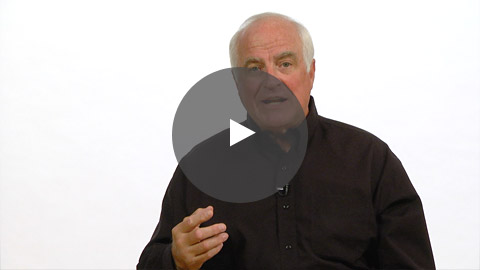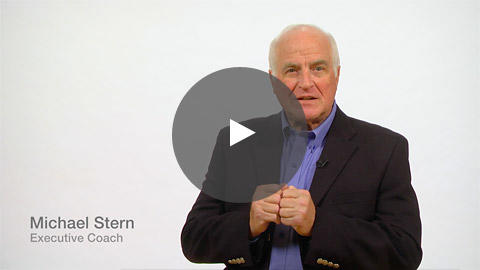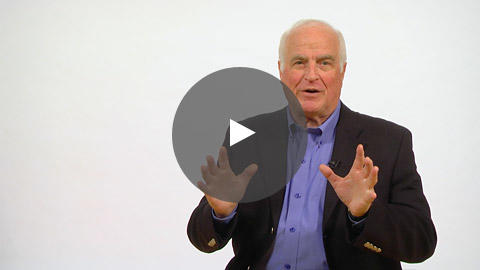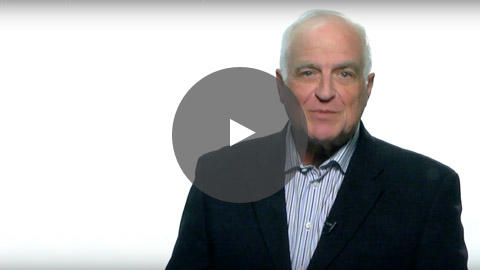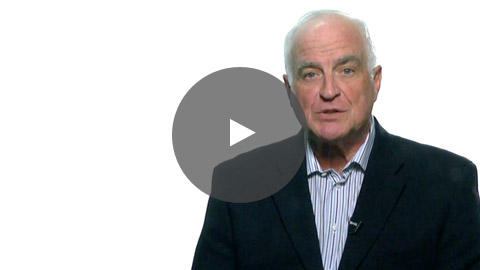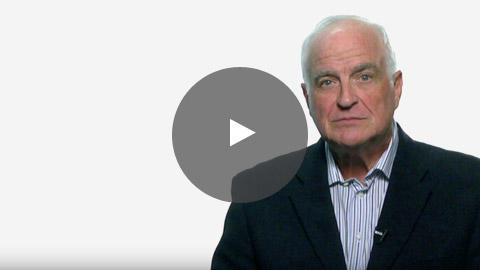Coaching
the Successful
All successful pro athletes have coaches. You’re in a key senior management role. Do you deserve any less?
Even the champions have coaches – to help them adapt to changing circumstances, so they can play better and feel better. It’s not about fixing something broken. It’s about mastery.

Is an executive coach for you?

How Executive Coaching Can Help

Success Stories
Michael Stern’s Coaching Moments for Executives:
-
GETTING OUT OF THE WEEDS
GETTING OUT OF THE WEEDS
As a senior executive, you should focus on the 3 or 4 areas where you can really affect results – the ones that leverage your particular talents – and delegate much of the rest.
Your role is not to do it all, but to ensure it all gets done. The job of a senior leader is to conduct the orchestra, not to play all the instruments. Here are some tips on how to get out of the weeds.
-
GETTING THE FEEDBACK YOU NEED
GETTING THE FEEDBACK YOU NEED
It’s a sad paradox: As executives advance in their careers, and their decisions become more crucial and far reaching, they may feel increasingly isolated: opportunities for developmental feedback become increasingly more important but more infrequent and more unreliable.
Do you feel a little isolated? Here’s why a sounding board is so important.
-
BUILDING HIGH PERFORMANCE TEAMS
BUILDING HIGH PERFORMANCE TEAMS
A high-performance team can have a huge impact on productivity and results. When you’re leading that kind of self-sufficient team, you have the time – and the mental bandwidth – to concentrate on the more strategic, high-impact elements of your own job. And that combination will provide your company with the ultimate competitive advantage.
How do you build a high performance team? Here’s 3 ideas to get your thinking started.
-
HOW TO SET A LOYALTY TRAP
HOW TO SET A LOYALTY TRAP
If you don’t treat your best performers like the stars they are, some other employer will. Top performers, at all levels, are assets that are always in play. When the competition comes calling, don’t you want your best people feel so well treated that they will have no interest in exploring other opportunities?
But that takes work. Are you doing everything you should be? Here’s what you can do to become an employer of choice.
-
HIRING SMART
HIRING SMART
When hiring senior leaders, a surprising number of executives get by with just a hazy notion of what they're trying to accomplish. And too often, the results show it. They don't bring to it the same sense of process that they do to planning, budgeting or other important tasks.
Bad hiring decisions can be costly in terms of severance, morale and lost opportunity. Here's some ways to add focus and structure to your next hiring assignment.
-
EMPLOYMENT INTERVIEWING
EMPLOYMENT INTERVIEWING
Employment interviews can be an invaluable part of the hiring process. Or they can be totally worthless – depending on how they’re done. These days, a good number of job search candidates have been through outplacement or other interview training – making them more experienced at interviewing – and better equipped – than many interviewers.
If you’re a hiring executive, how should you balance that playing field?
-
CHECKING REFERENCES
CHECKING REFERENCES
Hiring an external executive is a gamble, since you have no first-hand knowledge of how well they performed – or didn’t – on their last job. With an external hire, you won’t really know what you’ve bought until you’re 6-12 months down the road. And a hiring mistake may take months or years to rectify.
How do you minimize the risk and maximize the chances of a successful outcome? Here’s a road map to follow.
